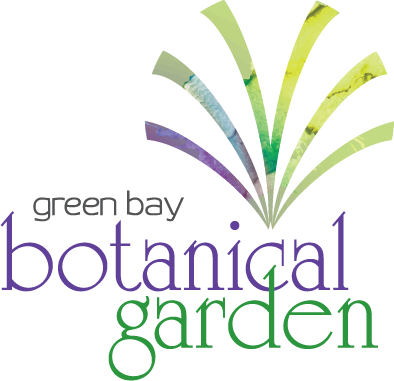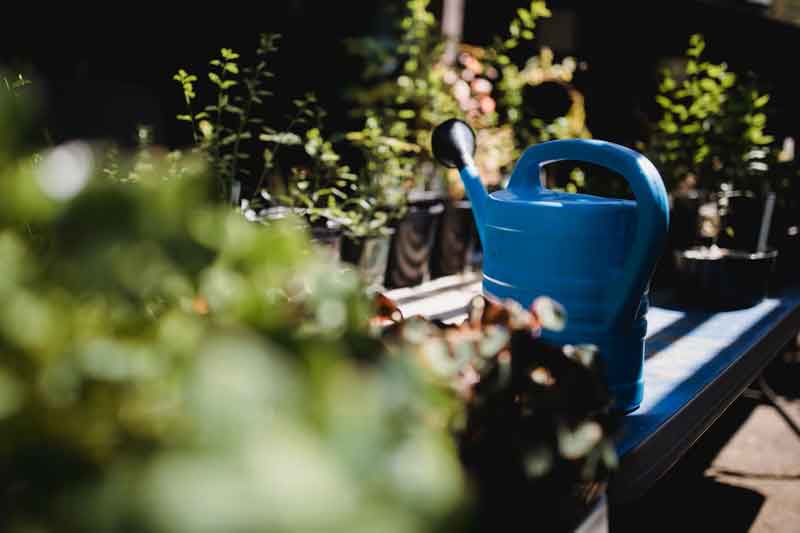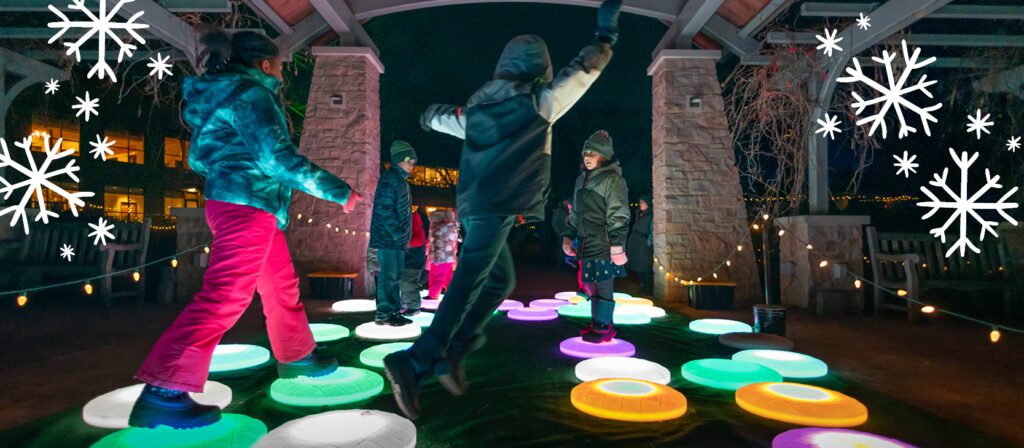As awareness of water conservation increases, more and more people are looking for ways to cut back on their daily use. What most people don’t realize is that a whopping 30% of average American household water use takes place in their yard.1 So how can we save water outdoors this summer?
Ditch the Sprinkler
Sprinklers are convenient and hands free. It’s no wonder they’ve become such a household staple. Unfortunately, sprinklers spread small water droplets, creating a large surface area for evaporation to occur. Depending on conditions like temperature, wind, and relative humidity, this can result in significant water loss.7
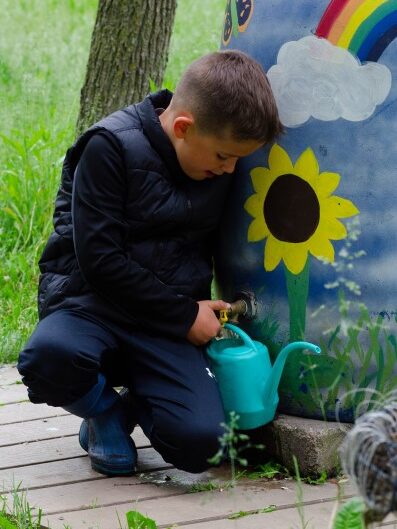
Worse yet, households with in-ground irrigation systems use 35% more water than those without.3 Yikes! If you have the time and ability to give your plants a little more attention by hand watering, your water bill will thank you.
Collect Rainwater
Municipal tap water is a wonderful resource, but it’s been painstakingly filtered and purified for consumption. Rainwater is the perfect alternative for watering plants and reducing your dependency on public water supplies.1
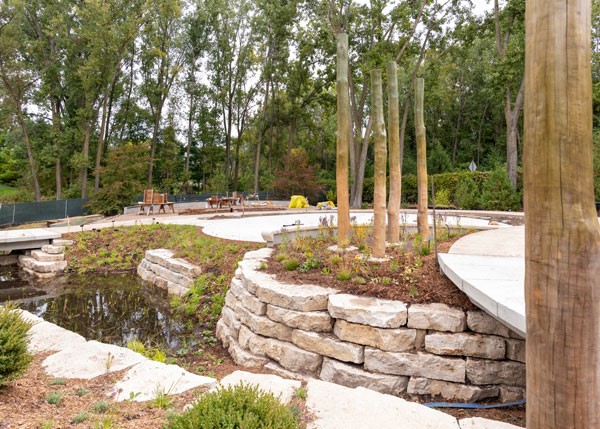
Rainwater collection has become a pretty common practice, so there’s something on the market for everyone, whether it’s a simple barrel or a larger system.
To see rainwater in action, visit the Judy & Mike Parrish Family Rain Drop Garden in the brand-new Carol & Bruce Bell Children’s Garden. Stop by to learn more about water conservation and slowing stormwater!
Mulch
Not only does mulching help with weed control, it also increases the water retention of soil by blocking surface evaporation. In fact, it’s so efficient that it can reduce evaporative water loss by 90% in the soil of ornamental landscaping!5
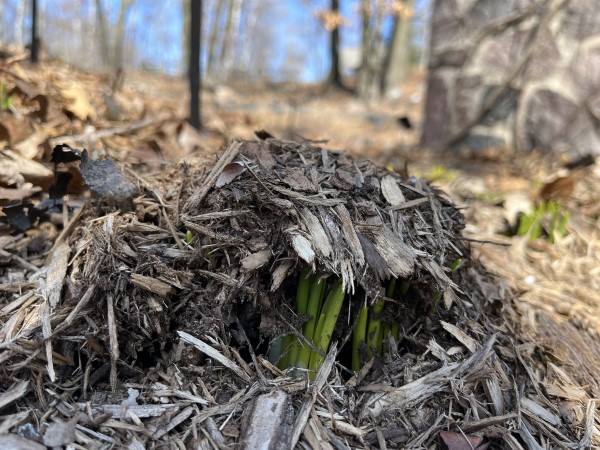
Plus, mulch insulates the soil to mitigate hot and cold temperatures.4 This helps protect your precious plants from a late frost or a summer heatwave.
Plant Native
Having survived for countless generations, native plants are adapted to their home environment and soil conditions. In the Midwest, many of our species boast deep root systems to hold and access water deep within the landscape.6 This makes them incredibly water efficient and resistant to drought!
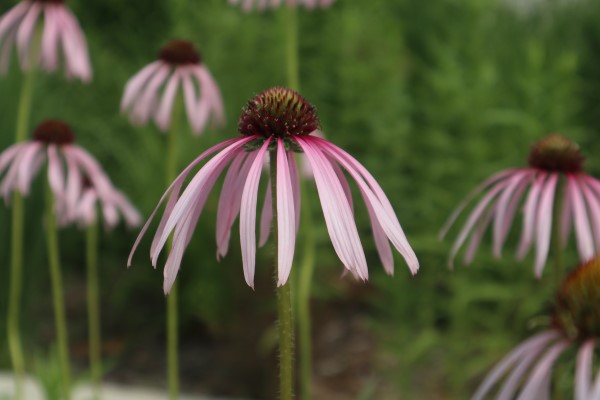
Stay Informed
Like many other environmental issues, awareness is key in the fight to decrease water consumption. Studies have even shown that residents reduced their lawn watering by more than 60% when they were provided with local information on weather.2 Letting rainfall and other weather patterns inform your watering is ultimately the easiest and most effective way to manage your residential outdoor water consumption.
Here at the Garden, we strive to implement sustainable landscaping practices. Learn more about our water conservation and other efforts.
Sources
- Bell, Laura, et al. “Chapter 1 – Benefits of Rainwater Harvesting.” Alabama Cooperative Extension System, 5 Oct. 2021, www.aces.edu/blog/topics/fish-water/chapter-1-benefits-of-rainwater-harvesting/.
- Felicia, Survis D. Beyond Water Restrictions: Informing Effective Lawn Watering Behavior. 2016. Florida Atlantic University, PhD dissertation.
- Haley, Melissa B., et al. “Residential Irrigation Water Use in Central Florida.” Journal of Irrigation & Drainage Engineering, vol. 133, no. 5, Sept, 2007, pp. 427-34. EBSCOhost, https://doi.org/10.1061/(ASCE)0733-9437(2007)133:5(427).
- Kader, M.A., Singha, A., Begum, M.A. et al. Mulching as water-saving technique in dryland agriculture: review article. Bull Natl Res Cent 43, 147 (2019). https://doi.org/10.1186/s42269-019-0186-7.
- Kratsch, Heidi A. “Water-Wise Landscaping: Mulch.” Utah State University, 16 Nov. 2021, extension.usu.edu/cwel/research/water-wise-landscaping-mulch.
- “Native Gardening.” US Forest Service, https://www.fs.usda.gov/wildflowers/Native_Plant_Materials/Native_Gardening/
- Zazueta, Fedro S. “Evaporation Loss During Sprinkler Irrigation.” IFAS Extension University of Florida, 26 July 2018, edis.ifas.ufl.edu/publication/AE048.
